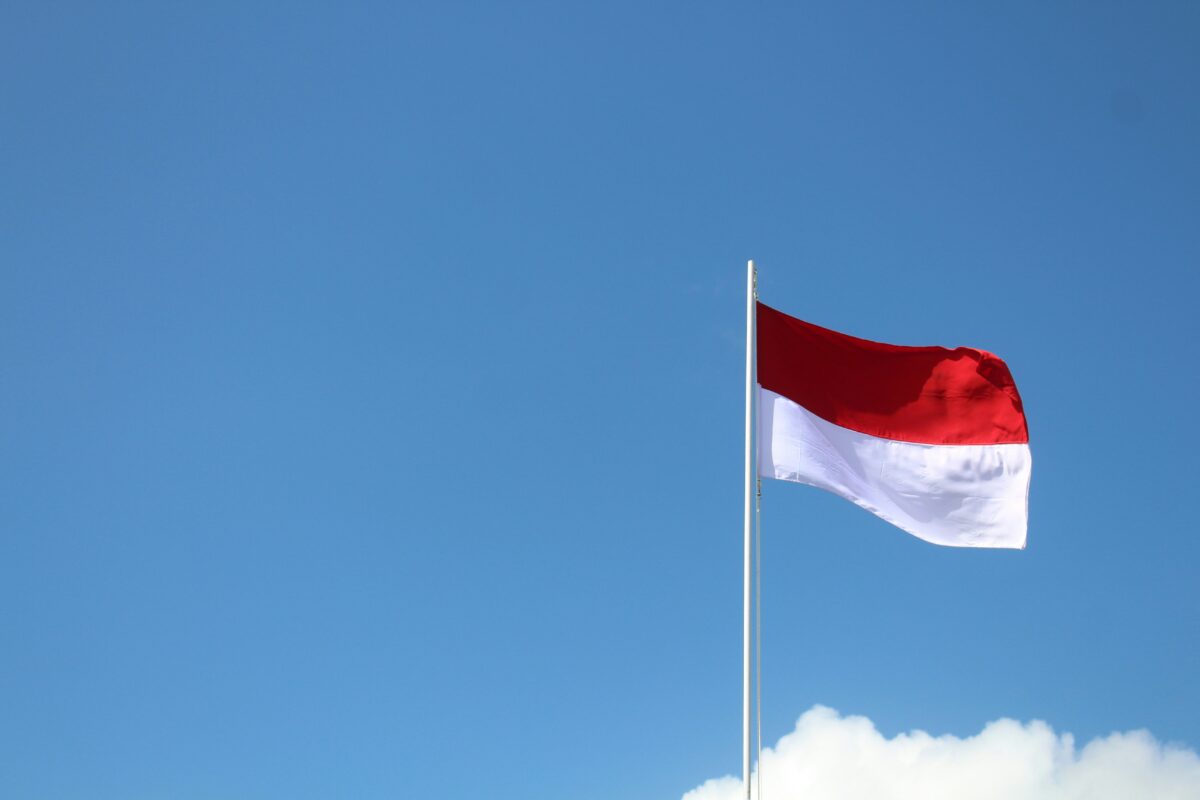 Image: Bisma Mahendra, Unsplash
Image: Bisma Mahendra, UnsplashThe distribution of rooftop solar quotas in Indonesia is based on the electric power system. Between 2024 and 2028, a quota of 5,746 MW has been set. This breaks down into 901 MW in 2024, 1,004 MW in 2025, 1,065 MW in 2026, 1,183 MW in 2027 and 1,593 MW in 2028.
Jakarta-based think tank The Institute for Essential Services Reform (IESR) says the quotas have not yet been distributed according to clustering/subsystems, as stipulated by EMR Regulation No. 2/2024. The institute has called on the EMR “to actively socialize the Ministerial Regulation on Rooftop Solar Power and the distribution of rooftop solar quotas to consumers and its mechanism”.
Fabby Tumiwa, IESR Executive Director, says distributing rooftop solar quotas at the subsystem/cluster level of the electric power system will provide clarity for consumers and also investment certainty for rooftop solar business actors.
“The distribution per sub-system provides more transparent information for consumers to read their chances of applying for the installation of rooftop solar PV. Therefore, the Director General of Electricity must ensure that PLN immediately submits the distribution per cluster before July when the application period begins,” Tumiwa explained.
The IESR added that the new quota is not in accordance with the target set in 2021 by the National Strategic Program for Rooftop Solar Power. It is calling on the government to pay attention to customer interest in the adoption of rooftop solar so it can increase the quota in 2025, in an effort to achieve a targeted 23% of the energy mix from renewables in 2025.
The Indonesian government abolished net-metering in February, and in its absence, the IESR expects rooftop solar to be more common for commercial and industrial customers. “The interest from industrial customers to use rooftop solar is high and is aimed at reducing energy costs and ensuring sustainable manufacturing processes, so that the elimination of net-metering does not have too much impact on their interest,” said Marlistya Citraningrum, IESR Sustainable Energy Access Program Manager.
Citraningrum added that an explanation is required if oversubscription occurs in a system cluster. “Interest from residential customers is likely to decline due to the changing economic level, but with the spread of information and the desire to save on electricity costs – it could be that demand for use will also grow,” she said.
Last month, IESR called for power wheeling to be implemented in Indonesia, saying it would create a renewable energy market and have a positive impact on industrial investment.